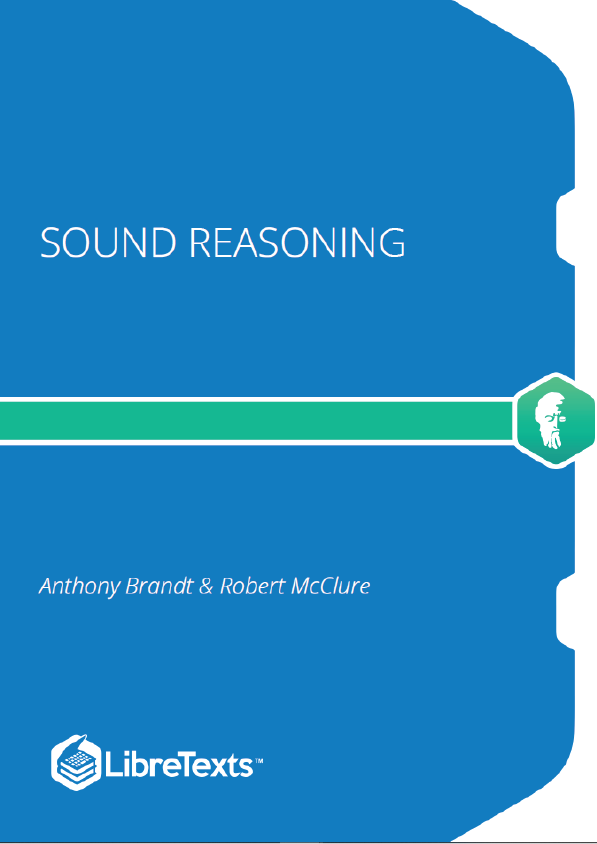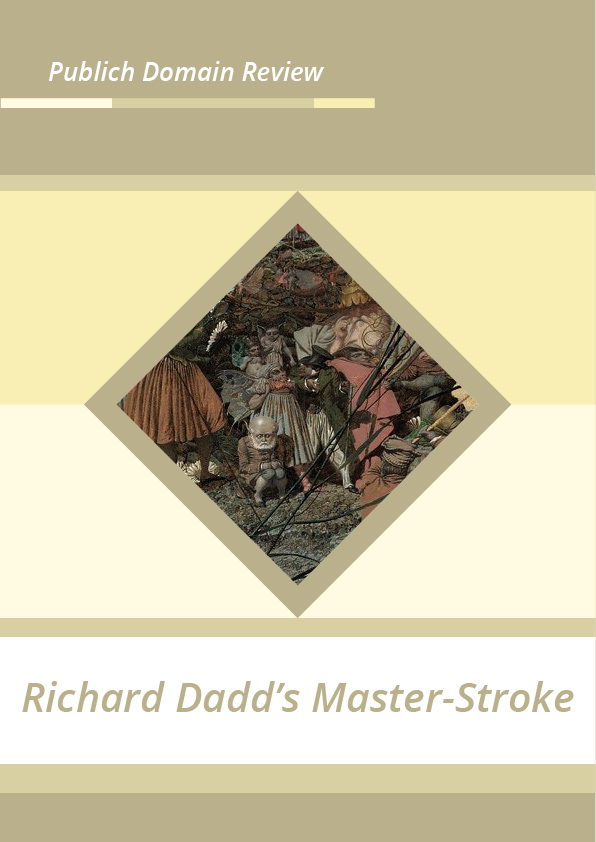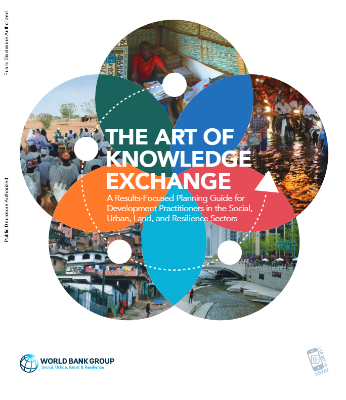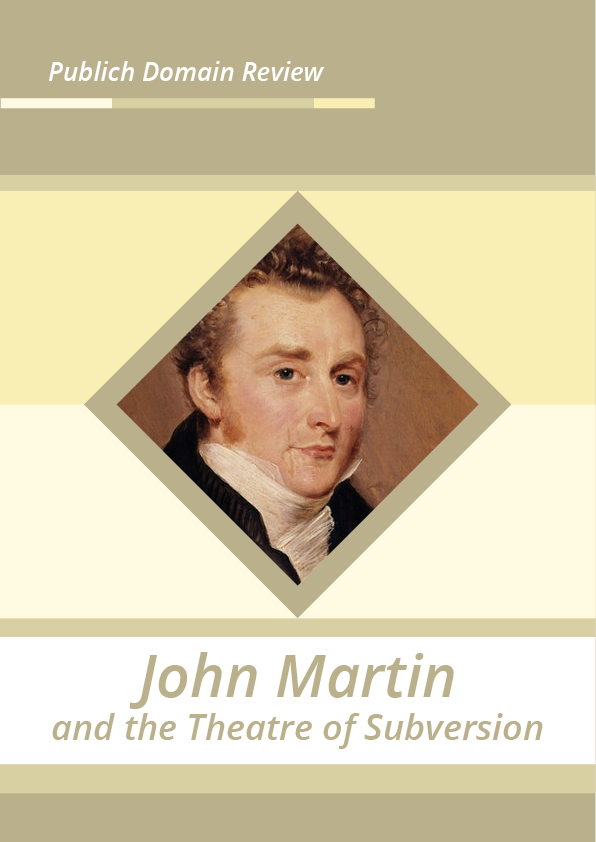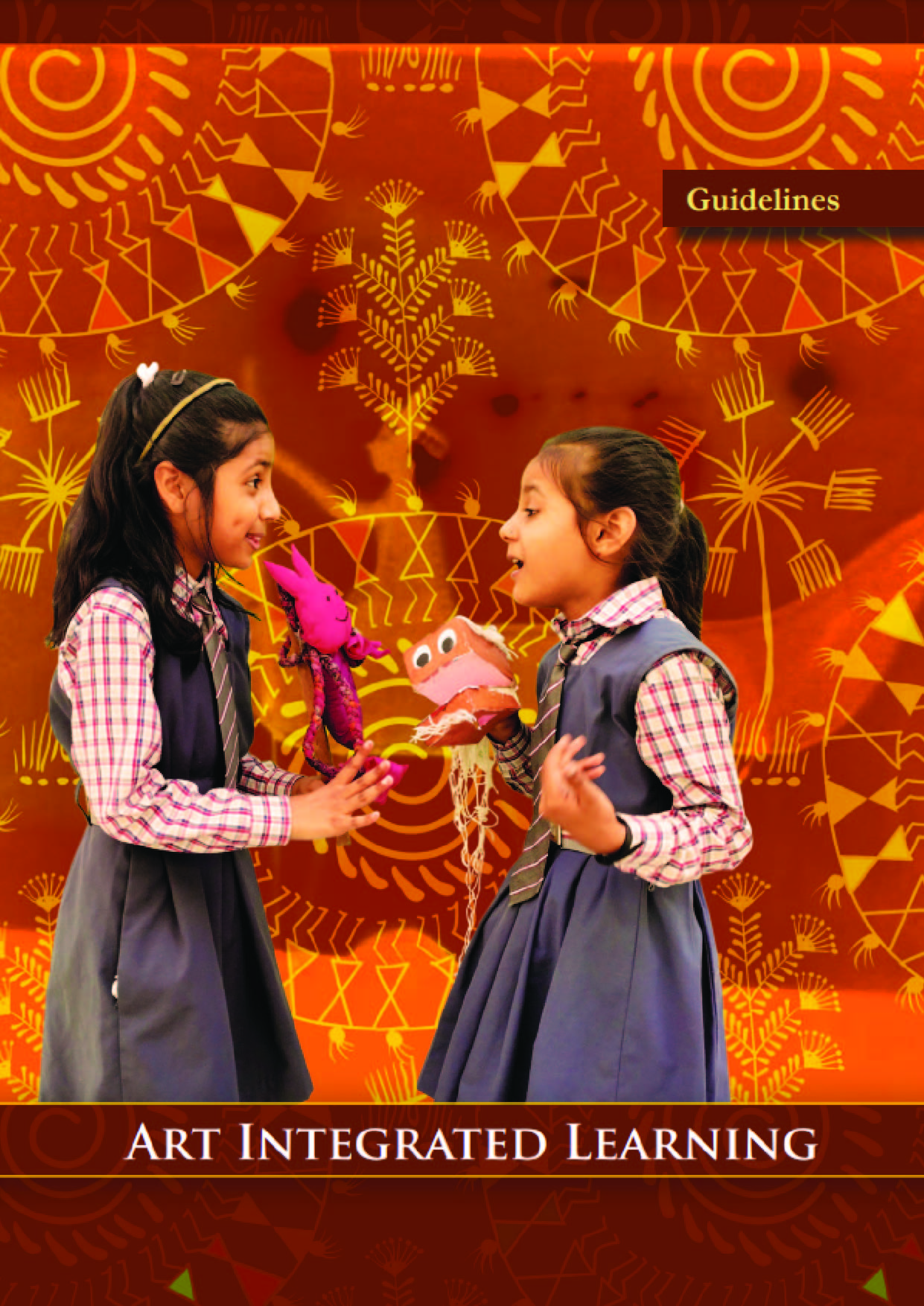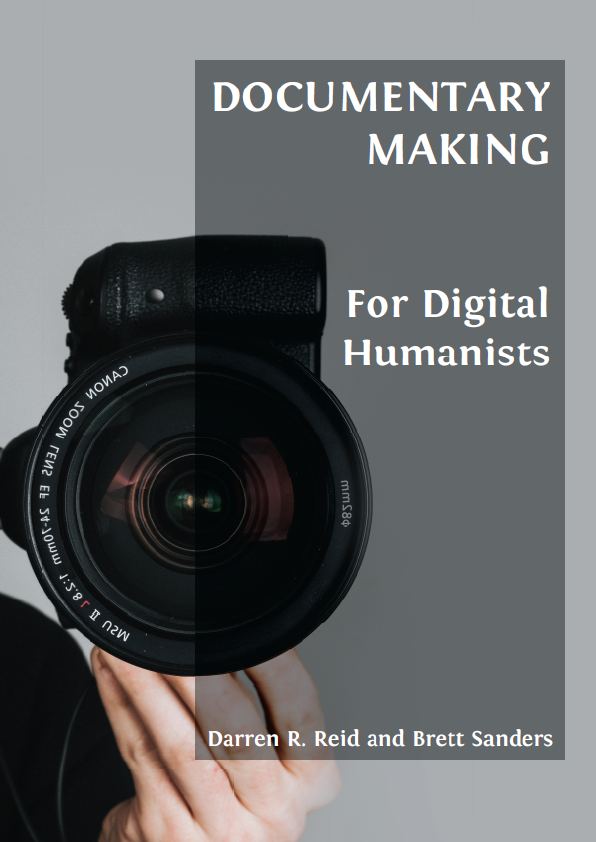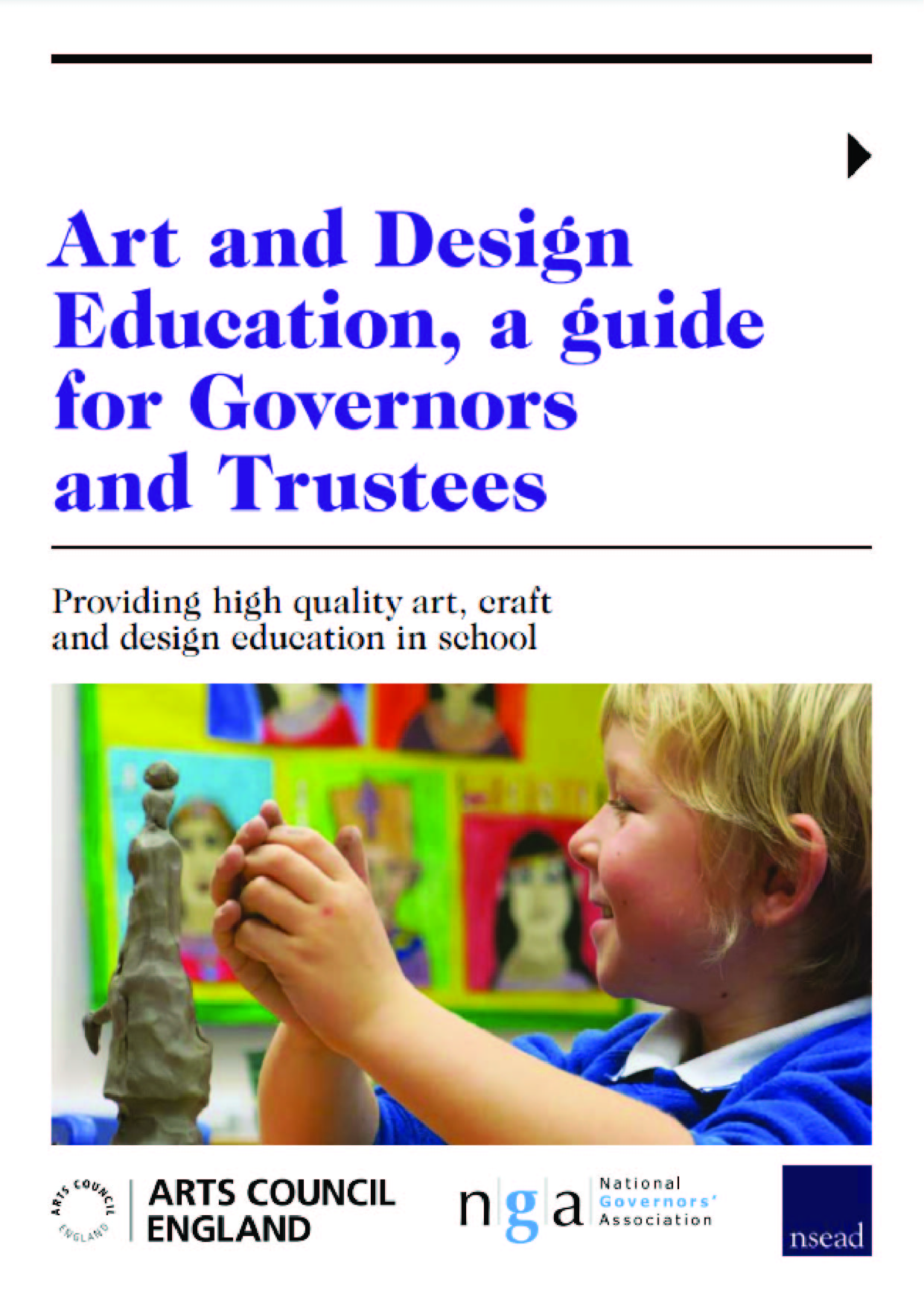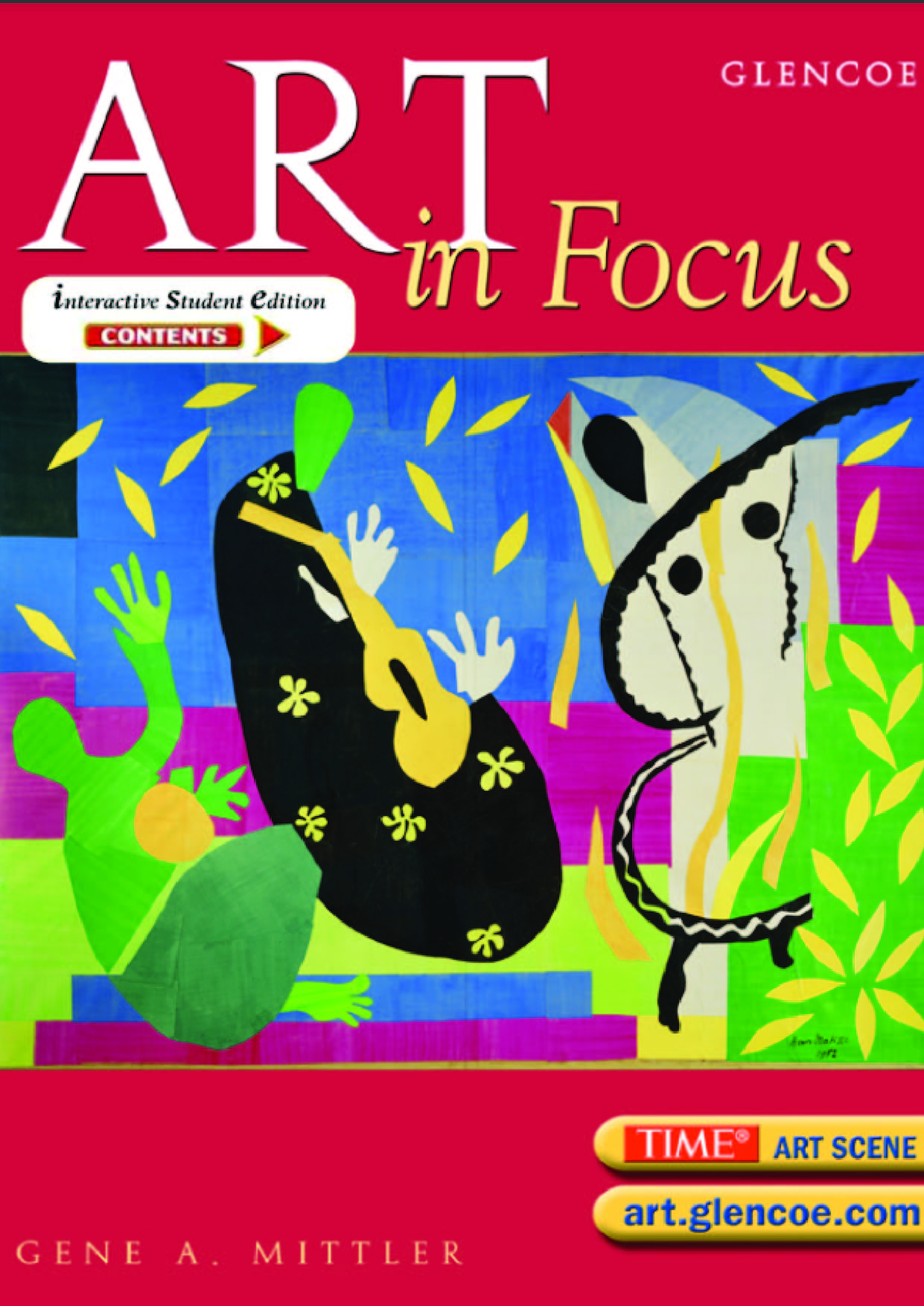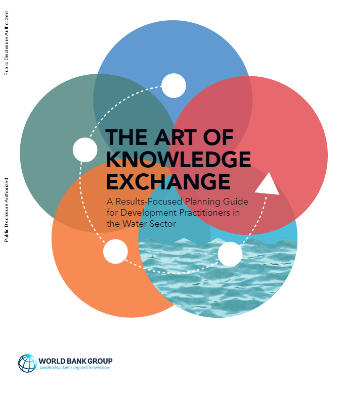The text offers a new approach to music appreciation for adults, focusing on style-independent concepts. While the course concentrates primarily on Western classical and modern music, the concepts that are introduced apply to music of any style or era. The goal of this text is to equip you with questions that you may ask of any piece of music, thereby creating a richer and more comprehensive understanding of music both familiar and unfamiliar. Here are some additional features of the text. 1) This text is completely listening based. No ability to read music is required. 2) The course assumes little or no musical background. A minimum of terminology is invoked. 3) Musical examples are interpolated directly into the text. 4) The course is interactive. A “listening gallery” with exercises follows each module, so that you may practice and refine your listening skills. This text is designed as both a stand-alone, self-paced course as well as a supplement to existing university classes.
Music is designed to express itself completely in sound. At its greatest, it creates a particularly concentrated, gripping and allenveloping experience. It is able, with its transient presence, to create a sense of loss, longing or renewal, and to involve us emotionally in its destiny.
Sound Reasoning is designed to help you listen. This course encourages you to be self-reliant–to get up close to the music, without mediation or interference. Too often, listeners may feel that they need pre-concert lectures, program notes and other verbal explanations to fully appreciate a musical work. These certainly may enhance and supplement one’s enjoyment. But, ideally, a musical performance is a direct conversation between performers and listeners. No matter what your knowledge or training, you should be able to enjoy music with the fullness of your thoughts, should be able to explore and interpret it with confidence. The fundamental premise of this course is that, if you listen attentively and think constructively about what you are hearing, your awareness will prosper and your direct connection to the music will thrive. The course assumes little or no prior musical background. The ability to read music is not required. A minimum of musical terminology will be invoked. When it is necessary, all terms are defined in a glossary easily accessible by hyper-link. Most importantly, musical examples are interpolated directly into the text, making it easy to evaluate all the concepts that are introduced.
Music’s sounds lack literal or fixed meanings: as such, the experience of a musical work is a very subjective one. This course will not teach what to think. It will show how to think, to arrive at your own balanced and carefully considered opinions. A subjective perspective is strongest when it is built upon objectively verifiable observations. You will learn to develop a concrete understanding of the music’s progress. The poetry and conviction of your interpretation will grow out of this concentrated hearing. You will also have the confidence to test others’ views against your own perceptions.
